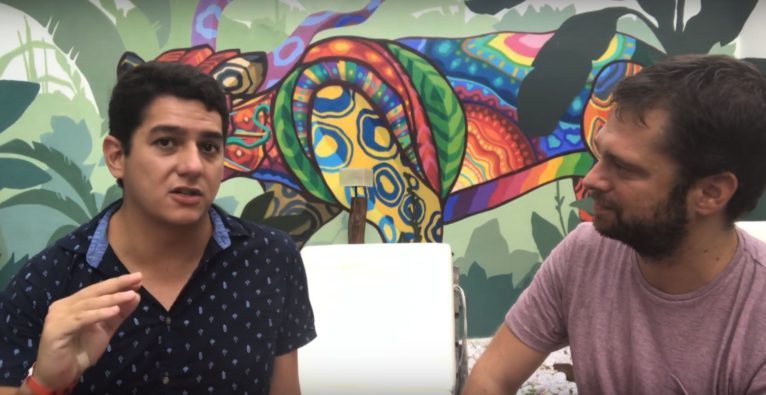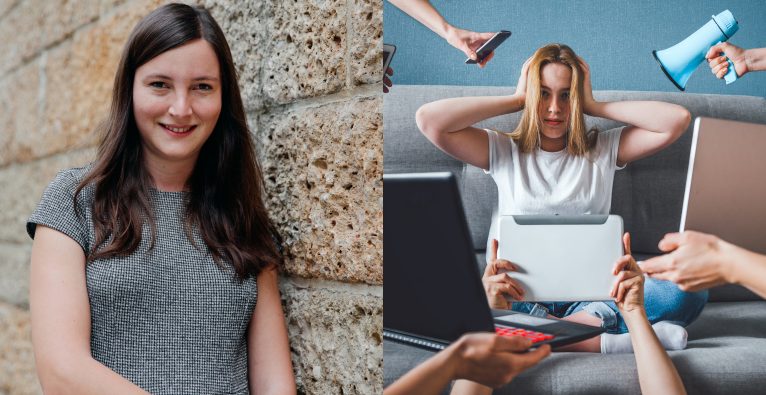✨ AI Kontextualisierung
- Name: John Coates
- Age: 29
- From: Wisconsin, USA
- Job: Mobile-Apps-Developer, fotographer
- On the road for: 8 months
- Destinations: Bali, Thailand, Malaysia, China, Mexico, Hungary, Ukraine, Iceland
The US-guy with Mexican roots has never been regularly employed before, mostly worked home office and after being bored in Las Vegas for a while he finally made the step to become a digital nomad. Stable internet as well as power are the keys for feeling weel in this remote world.
An unlikely origin
John met Nomads from all over the world, mostly from Europe and especially from Germany. Digital Nomads from the U.S. are rare though – most of his friends work in normal office jobs and in startups, they prefer a stable life within the States. Finding your perfect work-life-balance is the main challenge, working between 6 and 80 hours a month depending on how much to see or how many interesting people you meet. This flexibility is the main advantage when you work on the road. Hostel bars, tours and pub crawlings are good ways to meet new people on your way, especially when you mostly live in Airbnbs were social contact is not as easy compared to when you stay in a hostel or work in co-working spaces. Most digital nomads he meets are in coding, marketing, social media or any kind of wordpress business, but he also found guys working in security IT or as government advisors. He mostly stays in one place a month, long enough to get settled, a workflow and routine going before finally getting a bit restless and move on to the next destination, he only knows of some days in advance.
Digital Nomad John Coates: “Everyone should at least try to work this way!”
One of the major achievements for a person who works location independent is that you discover not only places, but much more important a lot about yourself. „Many people really can’t imagine how independent they could be, what opportunities and what freedom you have when you work remotely. Everyone should at least try to work this way!“ His perception: The majority of nomads is around 30 and already has some working experience. His next stops right now are Budapest and Kiev, Iceland is soon ahead. Also soon on his list: charity-work on plattforms like workaway.
Digital Nomad & International: John Coates
The digital nomad John Coates is working in the app and jailbreak market. Most of his friends work in normal office jobs and in startups, they prefer a stable life within the States. For John this wouldn't be an option and he encourages everyone to try to live like a digital nomad.
Gepostet von DerBrutkasten am Montag, 13. August 2018





